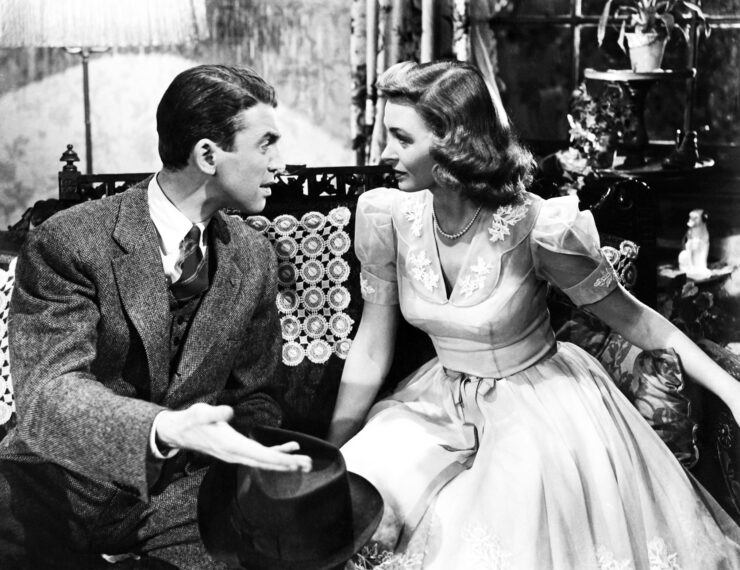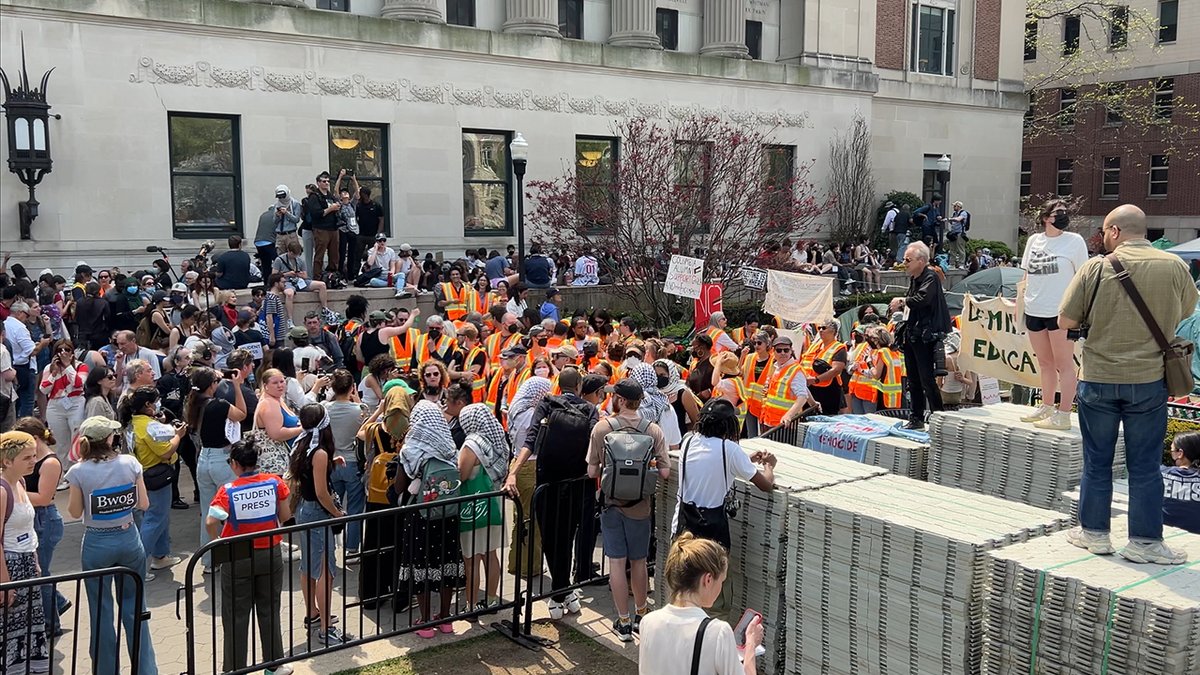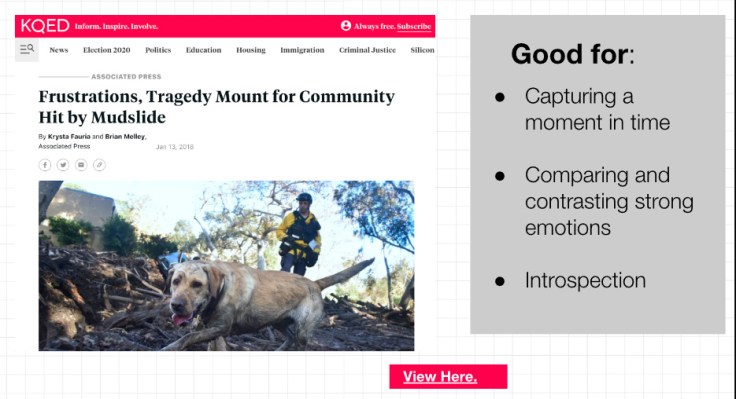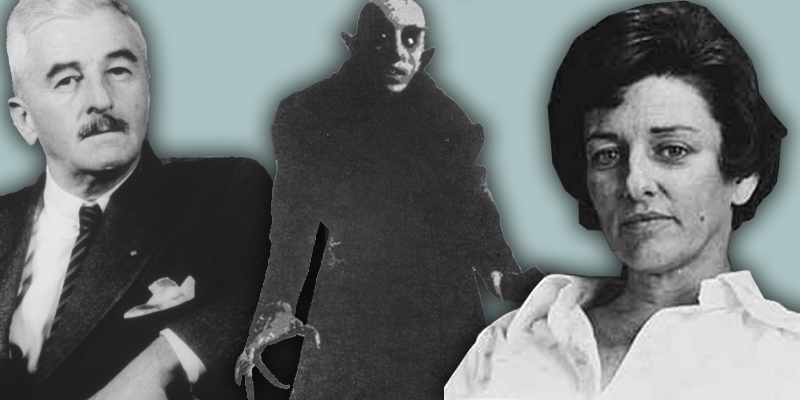Geordie Walker, a founding member and guitarist of the post-punk band and goth rock pioneers Killing Joke, has died. Aside from Jaz Coleman, Walker was the only other sole constant member of Killing Joke until his death. His bandmates confirmed the news in a statement, revealing that he died following a stroke earlier today (November 26). Walker was 64.
Born in 1958, Walker’s family moved from Newcastle to Buckinghamshire. Walker and bassist Youth joined the band in 1979 after responding to an ad Jaz Coleman and Paul Ferguson put out in Melody Maker, which read: “Want to be part of the Killing Joke? We mean it man. Total exploitation, total publicity, total anonymity. Bass and lead wanted.”
“I liked the sound of it, it looked rather serious, fanatical, I don’t know what it was but it clicked with me,” Walker said in a 1984 interview. “So I went down to see this guy [Coleman] and immediately started arguing with him about his taste in music and whatever, and I kept in touch and kept hassling them for some reason. I think it was the intensity of the argument I liked.” He moved in with the band shortly after.
Coleman has said the band’s early manifesto was to “define the exquisite beauty of the atomic age in terms of style, sound and form.” The band played their first show in August 1979 and cited contemporaries such as Adam Ant, Lee “Scratch” Perry, and Public Image Ltd. as early influences. Following an EP in 1979, the band released their debut self-titled album in 1980.
A prolific series of releases would follow throughout the ’80s including 1981’s What’s THIS For…! and the Conny Plank-assisted 1982 album Revelations. During that period, Jaz Coleman fled to Reykjavik, Iceland over concerns about the apocalypse. Walker and the band performed “Empire Song” on Top of the Pops with a roadie wearing a beekeeper outfit standing in for Coleman. Walker and Ferguson then decamped to Iceland to join Coleman.
The band followed that album with 1983’s Fire Dances. Their 1985 album Night Time featured hit singles including “Love Like Blood” and “Eighties.” The band was dropped from Virgin Records following 1986’s Brighter Than a Thousand Suns and 1988’s Outside the Gate. In 1994, they released one of their best-selling albums with Pandemonium, which arrived in the middle of industrial rock’s boom. That same year they released Democracy. Their self-titled 2003 album was produced by Gang of Four’s Andy Gill and featured Dave Grohl on drums. The band followed it with multiple albums throughout the ’00s and ’10s.



























































